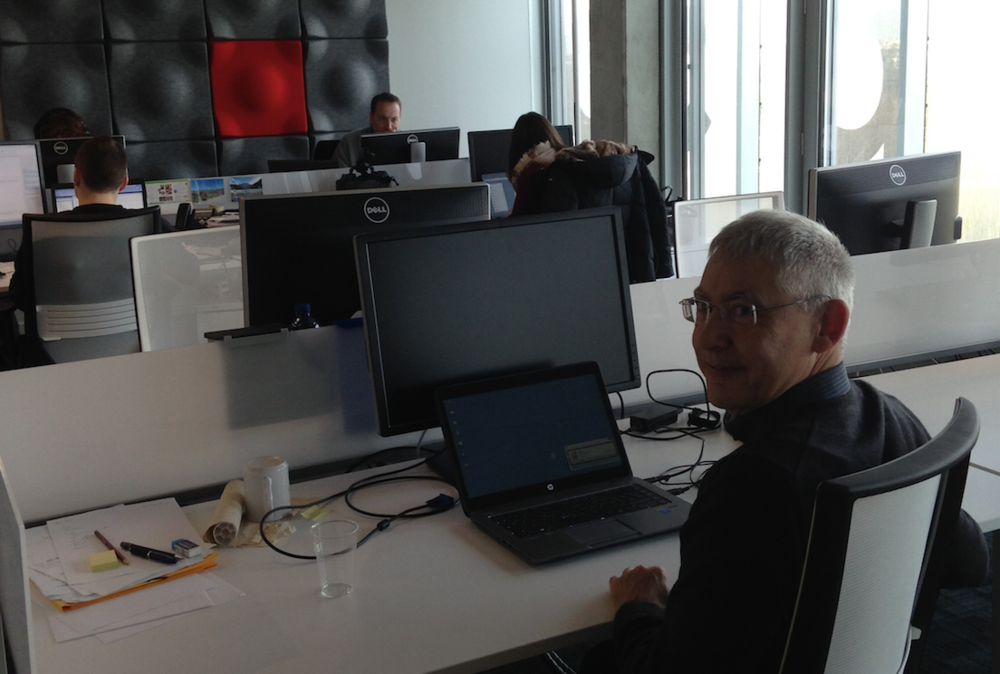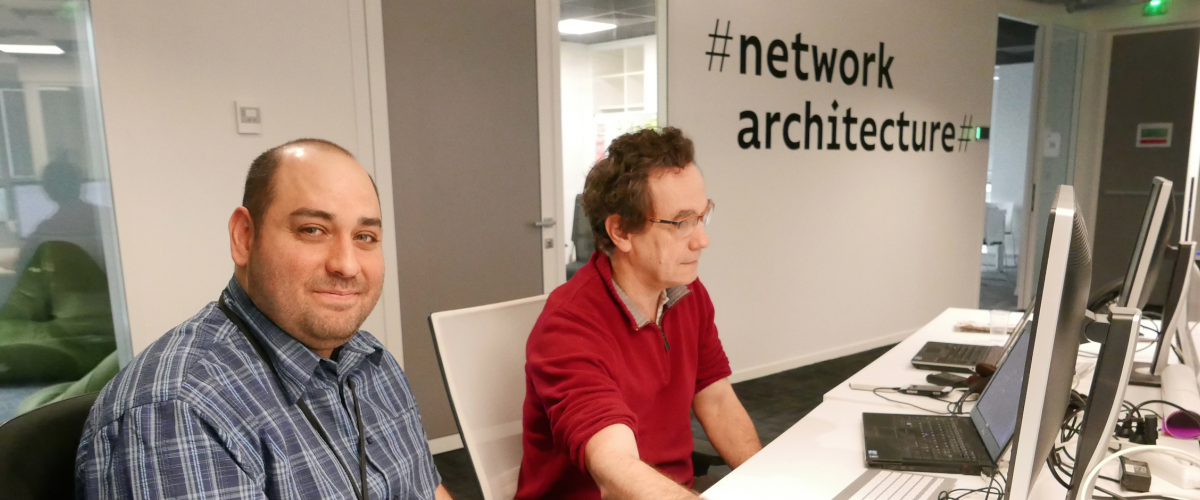Jean-Marc Jezequel, Professor at the University of Rennes I and Director of IRISA, took our questions.
Describe for us the University of Rennes I and the role that research plays there
The University of Rennes I is the leading University in Brittany. Nearly 28,000 students are enrolled, in 220 courses. The range of disciplines offered is very wide, and covers science and technology, health, law, economics, the humanities, and social science. Research plays a critical role at the University of Rennes I, which includes 32 research units and 1069 doctoral students currently preparing a thesis, 40% of them from abroad. Each teacher-researcher also splits his or her time equally between teaching and research. To conduct its research in all fields of science, the university collaborates with other research institutes like INRIA, CNRS, and INSERM, as well as with schools of engineering in shared laboratories like IRISA, IETR, and LTSI. These shared laboratories make it possible to achieve a critical mass of researchers around a single subject.
Why did you join b<>com?
The University of Rennes I is one of b<>com’s founding members and its largest academic contributor. Digital technology, which is central to the b<>com IRT, has been set as a priority for the University of Rennes I. The purpose of this partnership is to explore how our basic research work could be utilized in marketable applications. b<>com plays a critical role in this process.

How is your partnership with b<>com doing, and what are the next steps?
Several of our research units are currently working with b<>com on varied subjects like the cloud, 5G networks, virtual reality, and medical imaging. In total, about ten people are assigned to b<>com. In this initial collaboration phase, our researchers are satisfied overall and have attested to real benefits from pooling their ideas with b<>com’s teams. As to the future of the partnership, the b<>com IRT is launching new projects this year, and is encouraging our researches to join them. The idea is also to continue the dialogue in order to promote the emergence of new joint projects.



